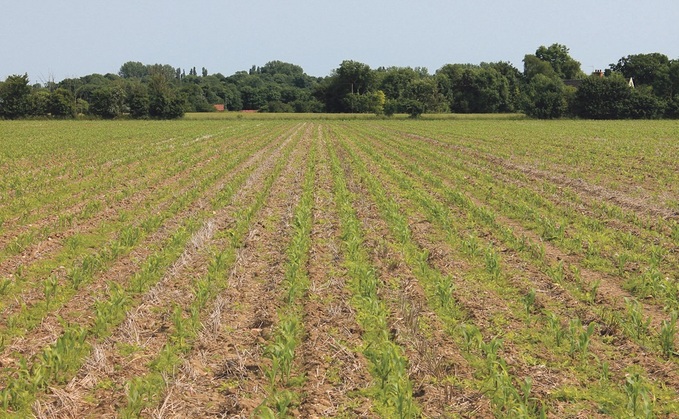
Capital grants are once more to the fore as Governments use them to steer farmer investments in specific directions. As an example, the Sustainable Agricultural Capital Grant Scheme received a boost...

Capital grants are once more to the fore as Governments use them to steer farmer investments in specific directions. As an example, the Sustainable Agricultural Capital Grant Scheme received a boost...

BNG National Habitat Bank Creation & Unit

FARM LOANS & RE-MORTGAGES

Commercial Secured Bridging Loans for Business